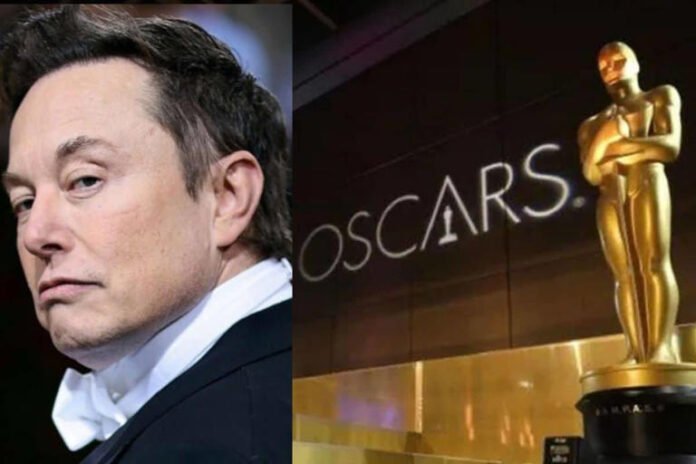Elon Musk, the outspoken entrepreneur and CEO of Tesla and SpaceX, recently stirred controversy yet again with his remarks about the Oscars. In a tweet, Musk described the prestigious awards ceremony as a “woke contest,” sparking a flurry of reactions from both supporters and critics. While some defended Musk’s right to express his opinion, others dismissed his comments as mere jealousy. The ensuing debate highlights the intersection of celebrity, social activism, and cultural discourse in the age of social media.
Musk’s characterization of the Oscars as a “woke contest” is reflective of his outspoken views on political correctness and social justice issues. The term “woke” has become shorthand for progressive ideals and activism, particularly within the context of challenging systemic inequalities and promoting inclusivity. By labeling the Oscars as such, Musk appears to be criticizing what he perceives as an excessive focus on virtue signaling and political correctness within the entertainment industry.
However, Musk’s comments did not go unchallenged. Many internet users and commentators were quick to dismiss his characterization of the Oscars as sour grapes or jealousy. Critics pointed out that Musk’s wealth and influence afford him ample opportunities to engage with the entertainment industry if he so desired, and his dismissive attitude towards the Oscars may stem from his lack of involvement or recognition in that sphere. Additionally, some suggested that Musk’s comments were an attempt to deflect attention from his own controversies and shortcomings, including his handling of labor disputes at Tesla and his controversial statements on social media.
The debate surrounding Musk’s comments underscores broader tensions around the role of celebrities in social and political discourse. While some applaud celebrities for using their platforms to raise awareness of important issues and advocate for change, others criticize them for being out of touch or hypocritical. Musk, with his larger-than-life persona and propensity for making provocative statements, epitomizes this dichotomy. His supporters admire his willingness to speak his mind and challenge conventional wisdom, while his detractors accuse him of being insensitive or irresponsible.
The controversy also raises questions about the nature of celebrity and influence in the digital age. Social media platforms like Twitter have democratized communication, allowing individuals to reach large audiences and participate in public discourse like never before. However, this democratization has also led to the proliferation of misinformation, polarization, and online harassment. Musk, with his massive following and penchant for stirring the pot, exemplifies the power and pitfalls of social media influence.
Furthermore, Musk’s comments reignite debates about the Oscars’ relevance and credibility in an era of increasing diversity and inclusion. In recent years, the Academy of Motion Picture Arts and Sciences has faced scrutiny over its lack of diversity and representation, prompting efforts to diversify its membership and nominations. Critics argue that the Oscars often overlook deserving films and artists from marginalized communities, perpetuating a narrow and exclusionary definition of excellence. Musk’s dismissal of the Oscars as a “woke contest” may reflect broader skepticism towards institutions perceived as out of touch or elitist.
Ultimately, Musk’s remarks about the Oscars serve as a Rorschach test of sorts, revealing more about the interpreter’s own biases and beliefs than about the subject of his critique. Supporters of Musk are likely to agree with his assessment of the Oscars as a “woke contest,” while his detractors are likely to dismiss his comments as petty or uninformed. Regardless of where one falls on the spectrum, Musk’s provocative statements have once again sparked a lively debate about the intersection of celebrity, culture, and politics in the digital age.
However, Elon Musk’s characterization of the Oscars as a “woke contest” has ignited a contentious debate on social media, with some defending his right to express his opinion and others dismissing his comments as jealousy or sour grapes. The controversy underscores broader tensions around the role of celebrities in social and political discourse, as well as questions about the relevance and credibility of institutions like the Oscars in an era of increasing diversity and inclusion. As the internet continues to amplify voices and shape public discourse, the debate surrounding Musk’s comments serves as a reminder of the power and pitfalls of social media influence.

